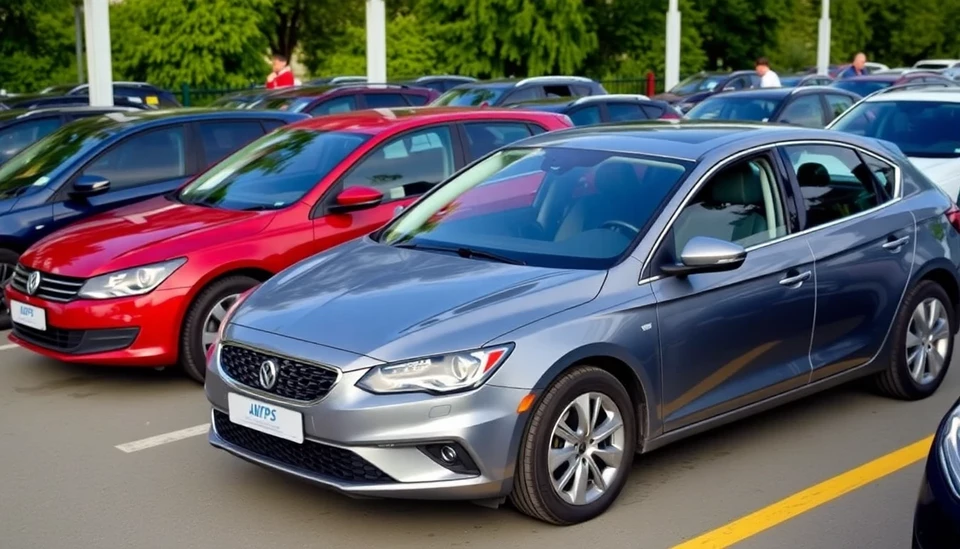
The South African automotive industry is facing significant challenges as exports to the European Union have dramatically declined, primarily influenced by the introduction of stricter emission regulations. These new rules, aimed at reducing carbon emissions from vehicles, have particularly impacted the nation’s car manufacturers, leading to a notable reduction in overseas sales.
In the wake of these regulatory changes, exports from South Africa saw a staggering fall of 45% in the third quarter of 2023 compared to the previous year. This downturn follows a sustained period of growth in the automotive sector, which had previously counted the EU as a significant market for its vehicles. Major automakers operating in South Africa such as Volkswagen and BMW are grappling with the repercussions of the EU's commitment to greener technologies and stricter compliance standards.
The tightening of emission norms is part of the EU's broader strategy to combat climate change, with the aim of cutting down greenhouse gas emissions by 55% by 2030. South African manufacturers are now being compelled to upgrade their production techniques and invest in more environmentally friendly technologies. However, many local producers lack the resources and technology to meet these new requirements in a timely manner, which puts them at a considerable disadvantage.
The repercussions of these new regulations echo across global supply chains, as the South African economy heavily relies on the automotive sector. This industry not only fuels employment but also contributes significantly to the nation’s GDP. Experts warn that if these trends continue, this could lead to job losses for thousands of workers and might stymie further investments into the sector.
Additionally, the challenges posed by the EU regulations may prompt local manufacturers to pivot their strategies. There could be a potential focus on producing electric vehicles (EVs), but this transition requires substantial investment and a commitment to addressing the local infrastructure challenges inherent in supporting EV technology.
Furthermore, while the auto industry is experiencing these setbacks, the South African government has been engaged in talks with European partners to explore potential solutions and frameworks that could facilitate a transition toward greener manufacturing practices. Support from the government may be crucial in helping local manufacturers adapt to these regulations and reclaim their foothold in the EU market.
In conclusion, the impact of the newfound EU emission regulations is resonating through South Africa's automotive industry, presenting both challenges and opportunities for growth. As manufacturers respond to these changes, the path forward will require innovation, investment, and cooperative efforts between the government and industry stakeholders.
As the situation unfolds, the automotive sector in South Africa remains under scrutiny, with many watching closely to see how it will adapt and evolve in response to these shifting demands in the global marketplace.
#SouthAfrica #CarExports #EULaws #AutomotiveIndustry #EmissionRegulations #ClimateChange #ElectricVehicles #SustainableManufacturing
Author: Laura Mitchell




